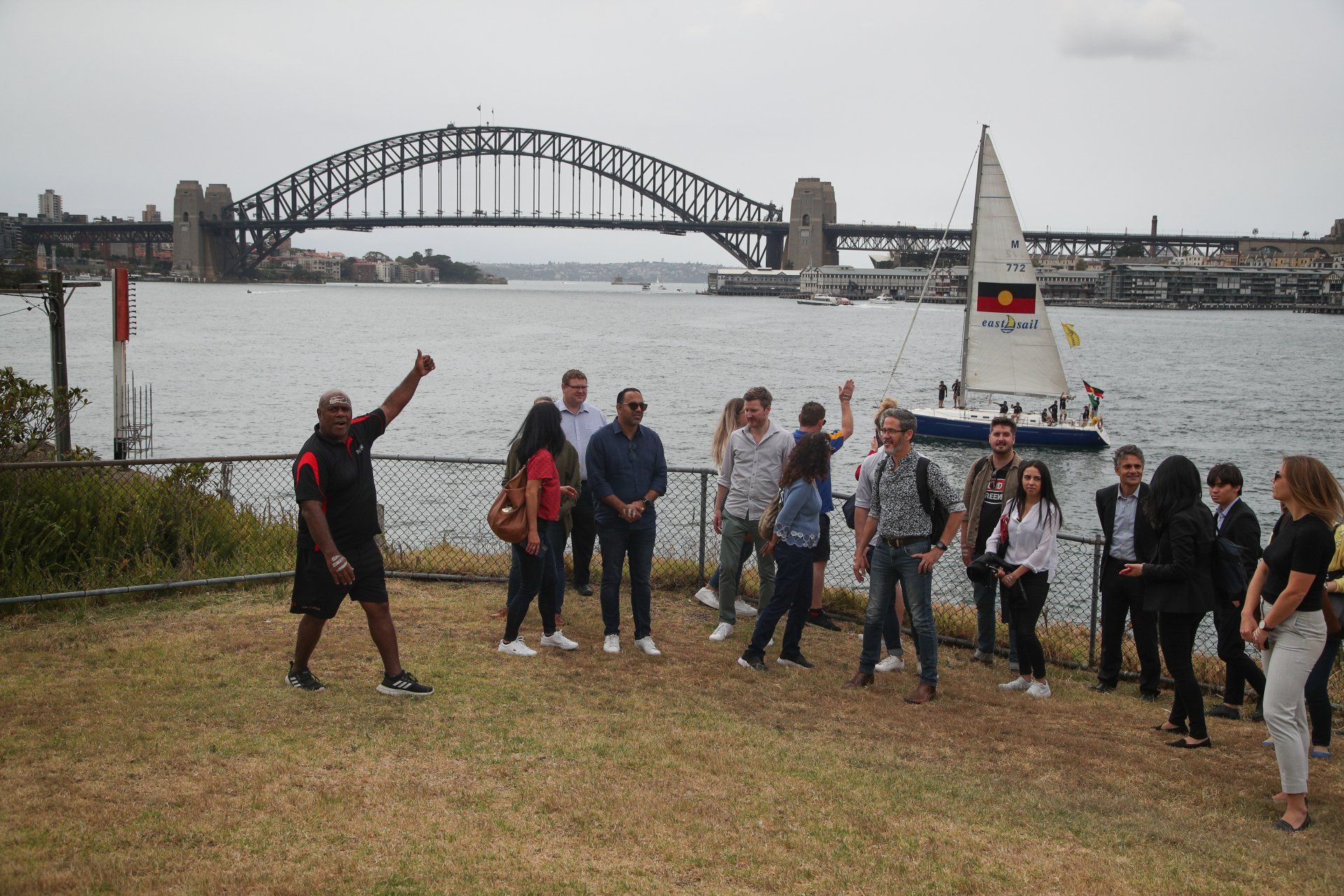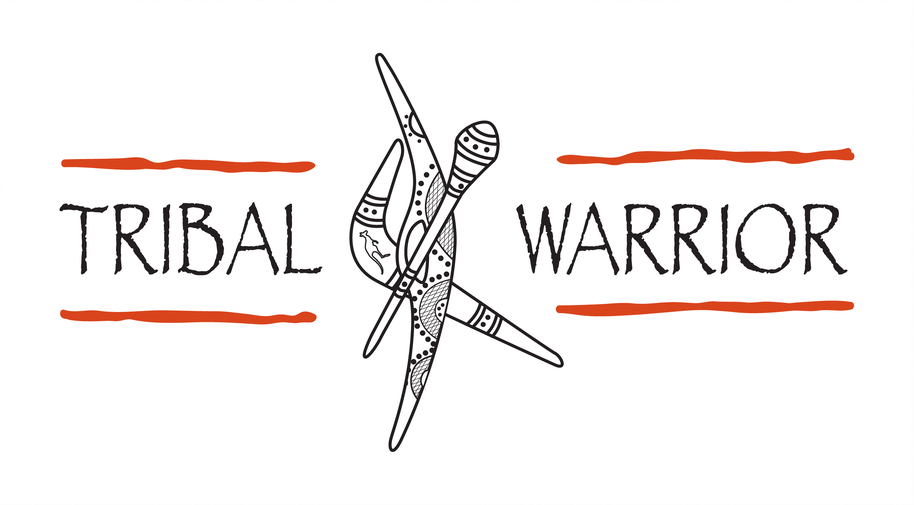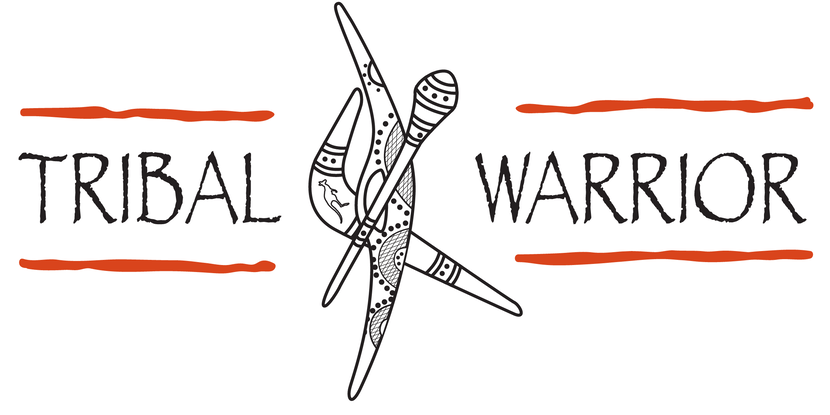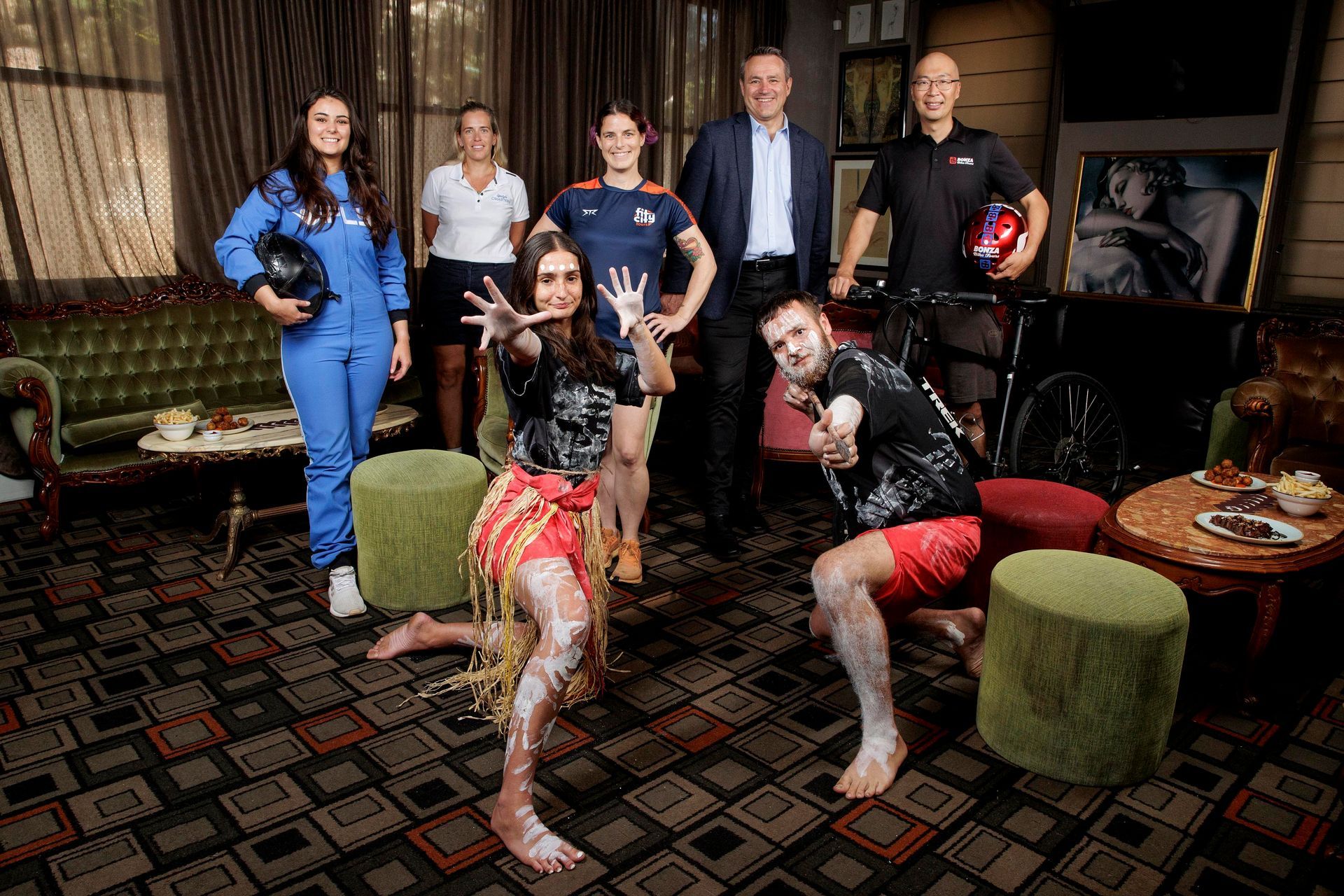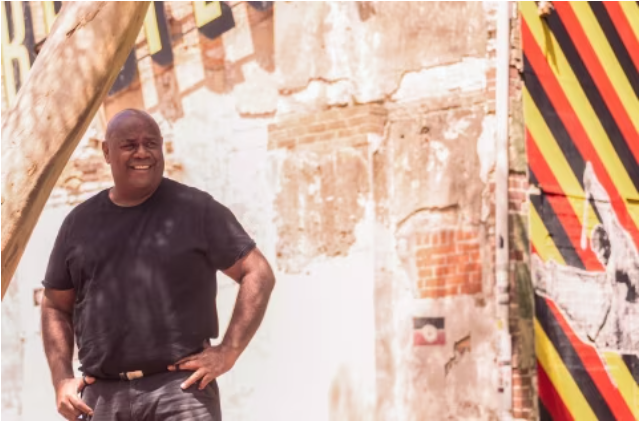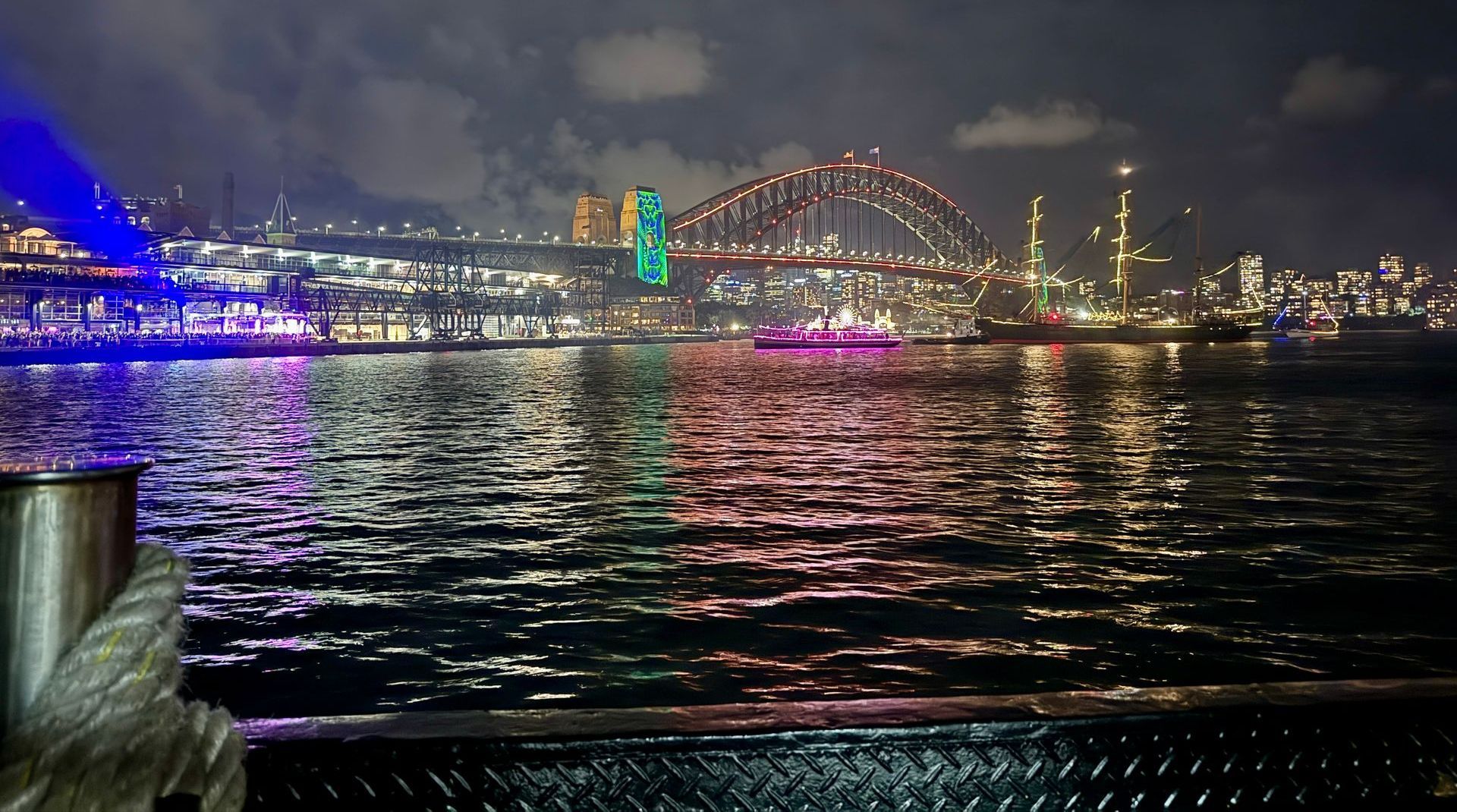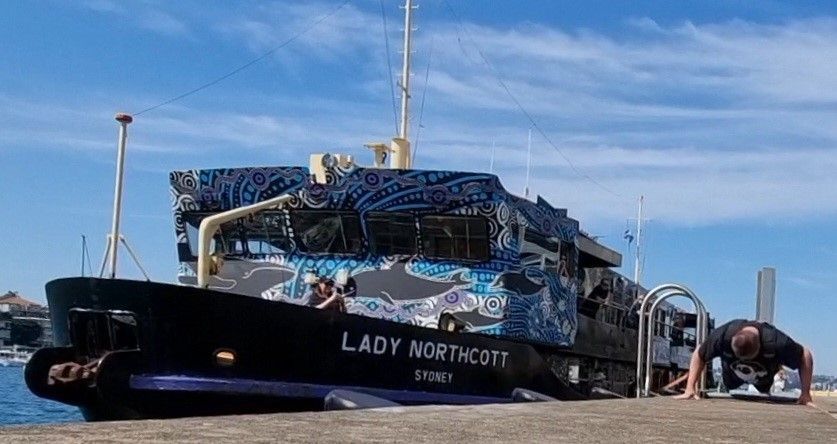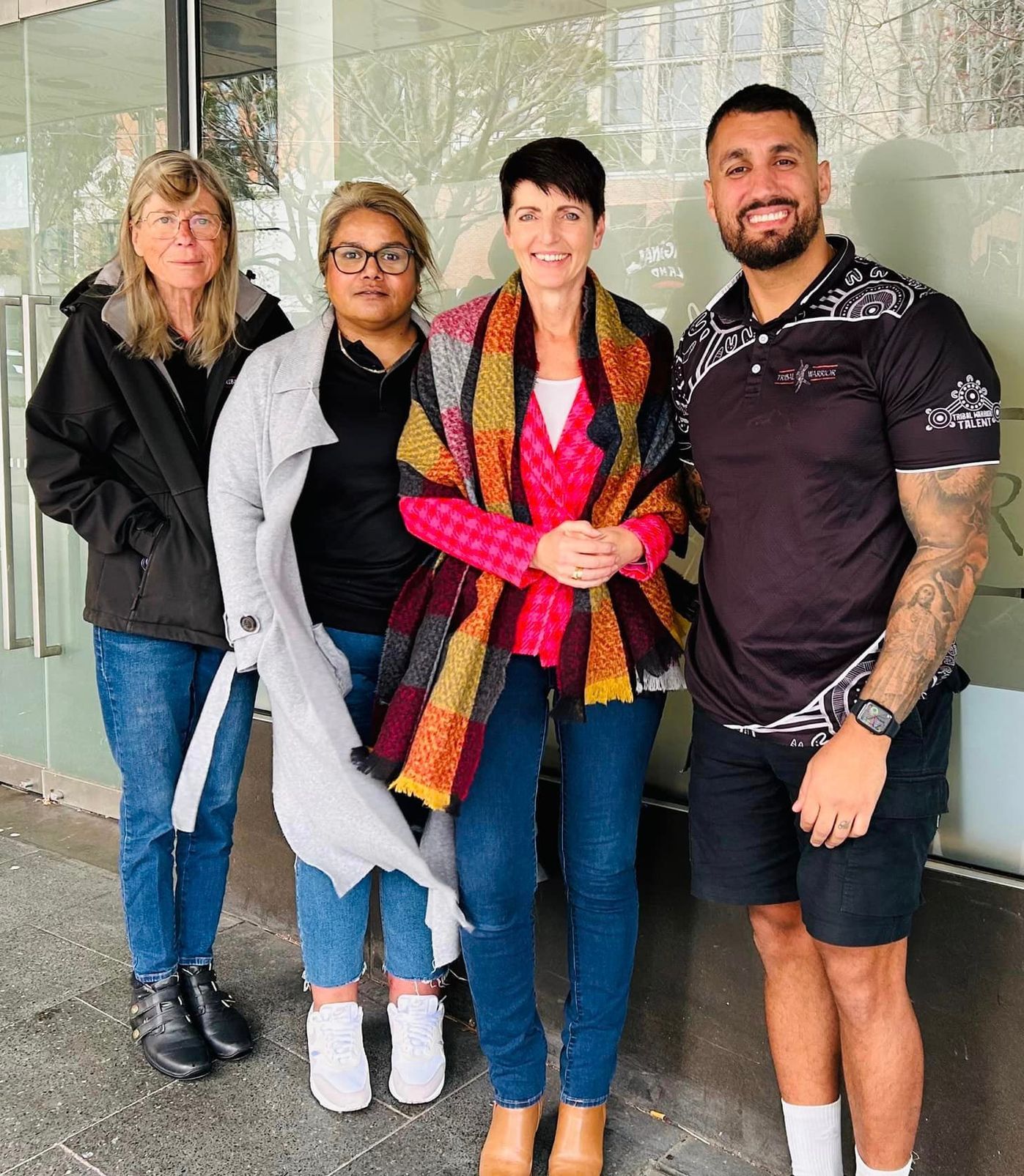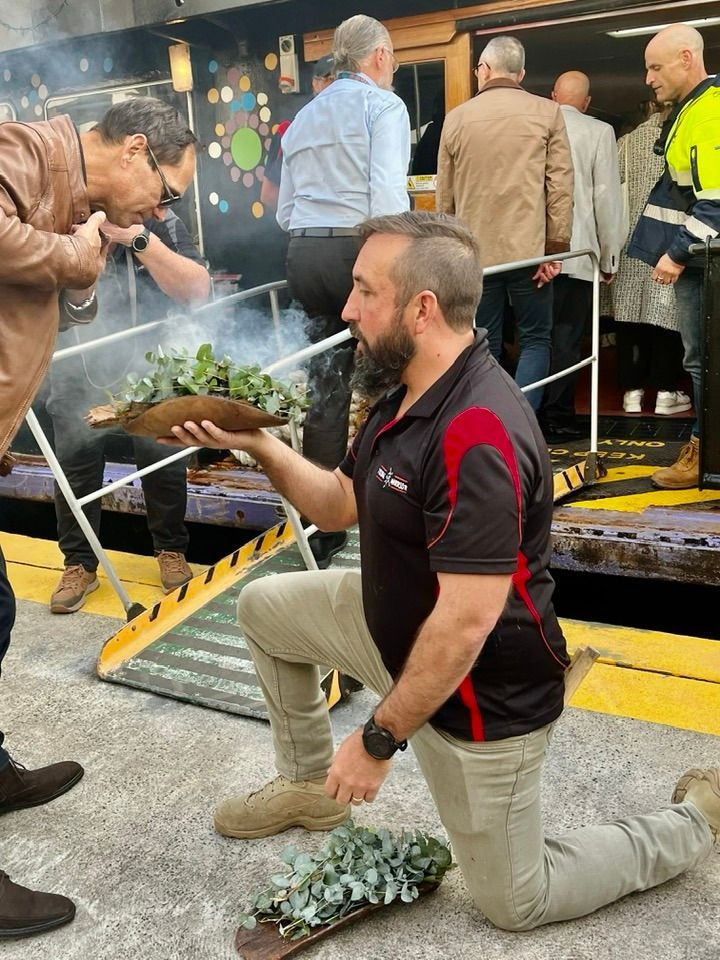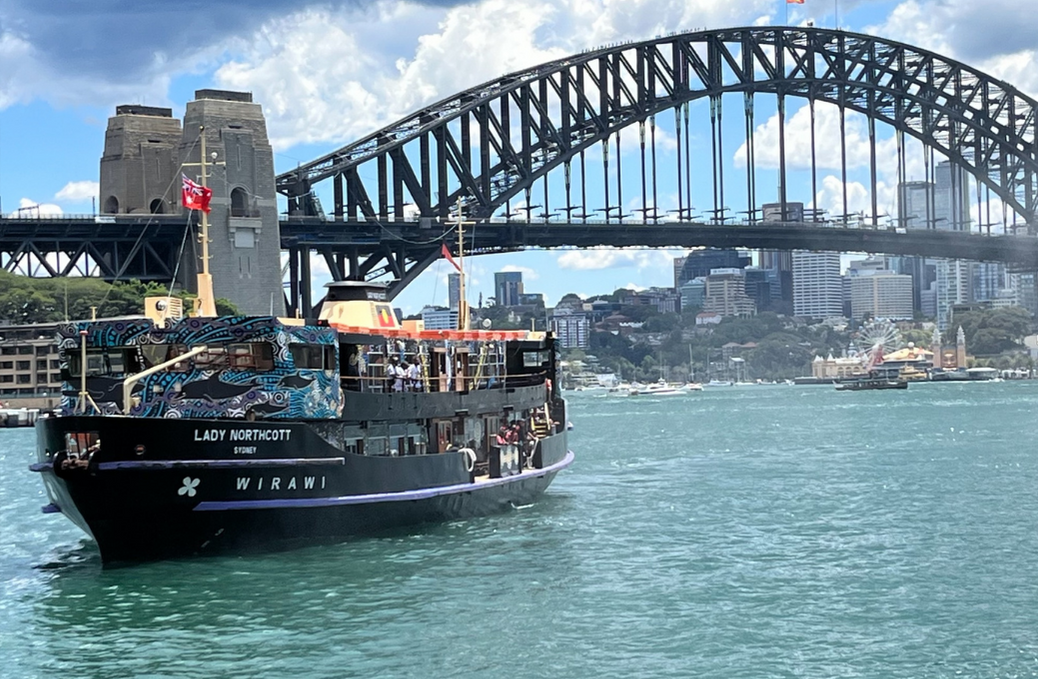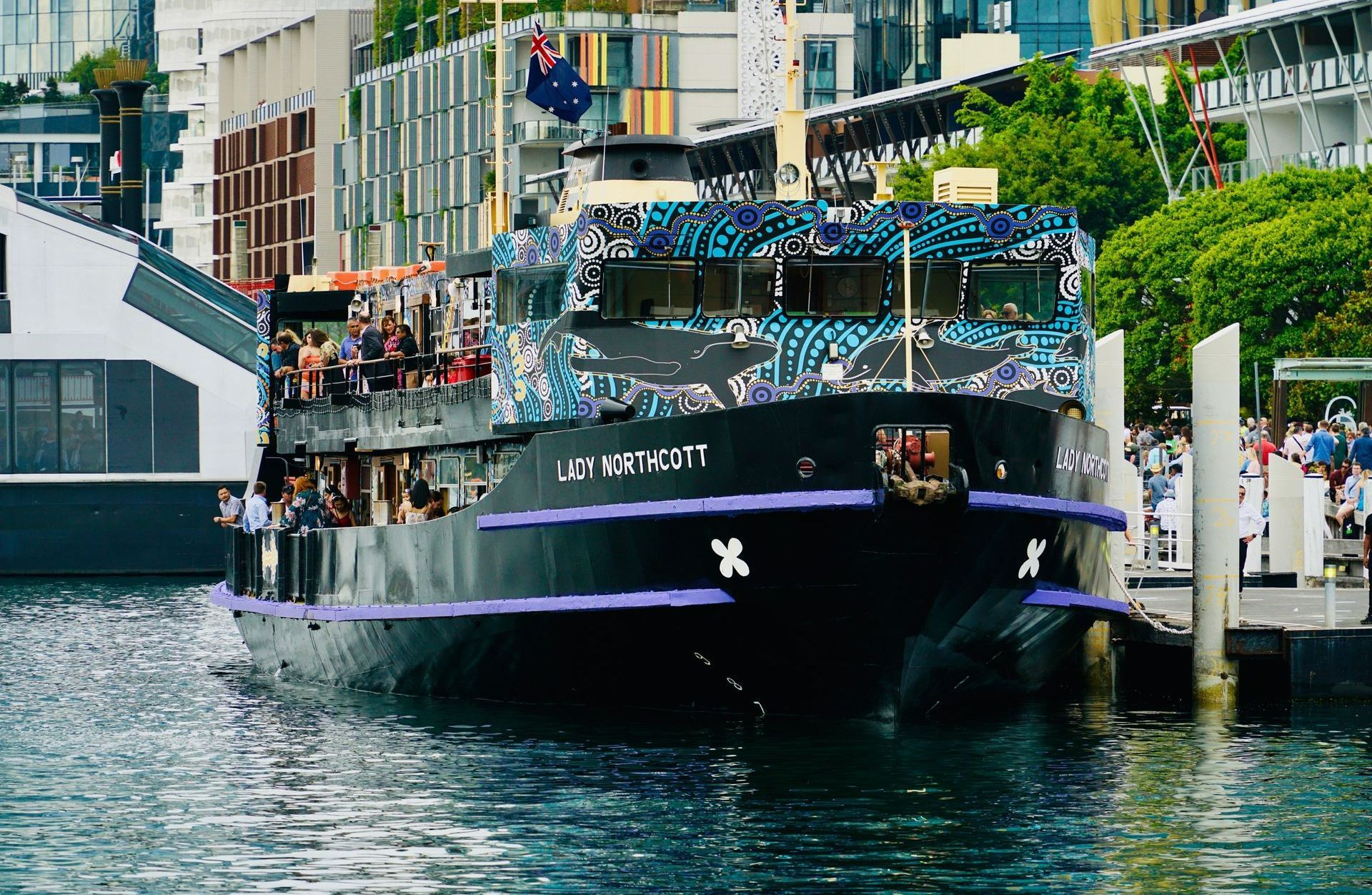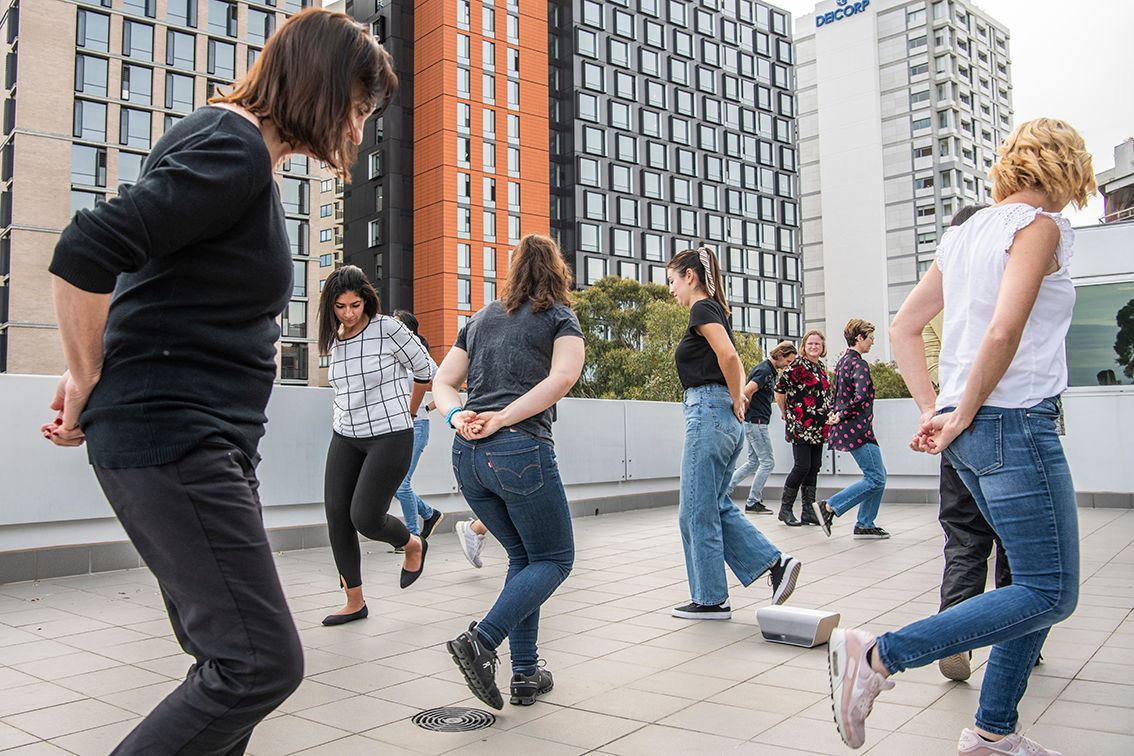Korn Ferry: Enterprise Leadership Shane Phillips CEO Tribal Warrior
Indigenous community leader, Shane Phillips spoke to Susie Mogg from Korn Ferry and Adam Davids from First Equity Partners about his pathway to enterprise leadership.
Everything changed for Shane Phillips in 1984 when his daughter was born, and he reflected “I don’t want to raise kids in this place”. ‘This place’, was Redfern, an inner southern suburb in Sydney that, although now gentrified and known for its cafes and bars, was in Phillips’ youth a neighborhood associated with drugs, crime and violence. He lived there during the 2004 Redfern riots and recalls a community that was brittle, disconnected, insular, and reactive, one that was consistently told what was wrong with it. “I saw more death [in my youth] than I was meant to see in a lifetime,” said Phillips
Redfern’s history is one of resilience, but it has also faced significant challenges. By the early 2000s, systemic oppression, economic marginalization, and fractured relationships between Indigenous residents and the police had left the community grappling with crime and mistrust.
Phillips is a proud descendant of the Bundjalung, Wonnarua, and Guringai peoples and CEO of the not-for-profit Tribal Warrior Association. He is a respected member of the Redfern Indigenous community, and he runs a mentoring program for young Indigenous people. In 2009, he set up the Clean Slate Without Prejudice (CSWP) boxing program, a ground-breaking program designed to reduce youth crime and rebuild trust between Indigenous communities and the police, and he is also the recipient of a 2013 Australian of the Year award, which he credits to his team. After the birth of Phillips’ daughter, his role and responsibility to his community and Indigenous heritage became clear. He wanted his community to become part of the solution, not the problem. He wanted to focus on healing and give people structure, belief, and a sense of worth and belonging, and to help kids across the community feel seen and safe.
As CEO of Tribal Warrior Association, Phillips experiences the same complexities as any CEO and the same pressure to deliver short-term results. Countering the quick fix, he has leveraged a broad ecosystem of stakeholders, that includes the Indigenous community, the police, the government, and corporate Australia, to deliver results that lead to longterm systemic change. With his team, Phillips takes care of the tasks needed to help the community now and benefit Indigenous people in the future.
Thinking back to his younger days, he says “There were lots of people doing amazing stuff, but they were all focusing on their own cause. This brought a competitive dynamic. We weren’t working together. We needed a community plan that took us from cradle to grave.”
Enterprise leadership key to effecting change
Korn Ferry’s research shows that people don’t become enterprise leaders by stepping into a role with an enterprise mandate. Instead, they progress into these roles with ongoing support and development.
Core to Korn Ferry’s Enterprise Leadership Model, is the need for enterprise leaders to perform and transform the business concurrently. These are not mutually exclusive and are true and actionable at once. Phillips performs and transforms and routinely pivots with agility between the two.
Phillips’ leadership style is a good example of enterprise leadership – where leaders know how and when to perform and transform in today’s complex world, not just in their own area but horizontally, across the broader enterprise and ecosystem.
He focuses on the operational elements of his business, just like any other CEO. In his interview, he talked about systems, governance, his balance sheet, position descriptions, and making sure he “…runs a tight ship”.
Yet at the same time he is transforming a community, in line with a clearly articulated vision, and has found a voice for Indigenous leadership outside of his local community. When we met, he was in the midst of disrupting Aboriginal tourism and cruising on Sydney Harbor, by launching cultural cruises with Virtual Reality, “taking Aboriginal tourism to another level”, whilst concurrently developing position descriptions for employees in his rapidly growing business.
Turning tensions into opportunities
When pivoting between perform and transform, inevitable tensions arise. These are no less real for Phillips, but he reframes them as opportunities. He talks to the tension between ‘naysayers’ and those aspiring for progress, saying “…I’m going to work to get those naysayers onto my cruises”. He talks to the tension between what his community wants to retain from its Indigenous heritage with the demands of modern-day life, referencing the work being done to rebuild Indigenous languages, acknowledging that his community’s Indigenous heritage needs to evolve, “…it can’t be a museum piece”, and challenging the young people in his community that, “…becoming very Americanized, this is not our people.”
Of Korn Ferry’s four Enterprise Leadership capabilities (Visualize, Realise, Mobilise, and Catalyse), one that stands out as a particular strength for Phillips is his ability to mobilise his community and energise people, teams and resources. When setting up Tribal Warrior, people told him what the make-up of his Board needed to be. He asked, “Why can’t we skill up our community?” He rallies his community around a cause and ensures everyone is aligned so the cause can be executed.
The power of mentoring
Phillips talks a lot about the importance of support and mentoring and notes that had someone mentored him in his youth and shared with him the potential in the ‘big picture’, he would have made different decisions – he would have “…dreamed bigger”. He now offers mentoring to young Indigenous people across the Redfern community to build leadership capability and sure up his legacy.
He also talks about the power of peer mentoring, referencing a men’s group that he participated in at the start of his transformation journey, where members of the community discussed how they could make the community safe and strong and do things that went against the grain of the old way.
A turning point for change
A major turning point for Phillips and the community was their decision to work with the police. Relations with the police until that point had been strained, but Phillips set up the boxing program CSWP and invited the police to box alongside young Indigenous people from the community, some of whom had until then been on the wrong side of the law.
Philips remembers the first day the program took place. He felt worried. The community felt worried. One of the young boys arrived and saw a member of the police arrive who he had previously had a run in with. He was afraid of what he was walking into. But Phillips was determined to see it through. He said, “We’re not going to talk about crime. We’re going to focus on boxing, training, the routine, relationships”. At the end of the session, everyone was exhausted, but for the first time they saw each other as people not adversaries.
After week two, the boys in the boxing program stopped offending. It wasn’t easy for Phillips, and he recalls how, “We were being called ‘do gooders’, the police were being called ‘dogs and informers”. A note was put under his door, ‘We’re going to burn you and your dog family down whilst you’re sleeping.’ But he pushed on, despite his biggest fear being “…that someone was going to give it to me,” and found courage to continue. “We were committed. We owed it to the boys’ families.” At a deep level, he felt and understood their trauma in a way the police didn’t.
As he reflects upon his journey, and the values that guide him and his community, Phillips demonstrates awareness of self and impact. His approach is consistently one of inclusion. He recalls being on Sydney Harbour and having the police regularly stop and board his boat, looking for drugs. He shifted how the police reacted by inviting them onto the boat, “…for coffee and a feed”. The police became allies.
The community’s evolving relationship with the police is an example of how Phillips leverages the broader ecosystem to deliver desired outcomes. “We’re better off working with them than having them arrest us”, he explained.
Korn Ferry’s Enterprise Leadership Framework provides a robust, research-based, multidimensional model linked directly to the strategic impact that is now crucial to the future of business. Yet, despite this critical need, our research shows that less than 14% of executives could be considered enterprise leaders. Rather, we have found that many CEOs still lead with mainly an executive approach.
Shane Phillips’ story offers insight into the attributes of a true enterprise leader, driven by a purpose, “…to empower people to grow and share their skills”. His qualities are purpose, courage, growth, collaboration, relationships, hope, humility, and authenticity. He is a rare breed of leader in any context, and it is a privilege to share his story.
